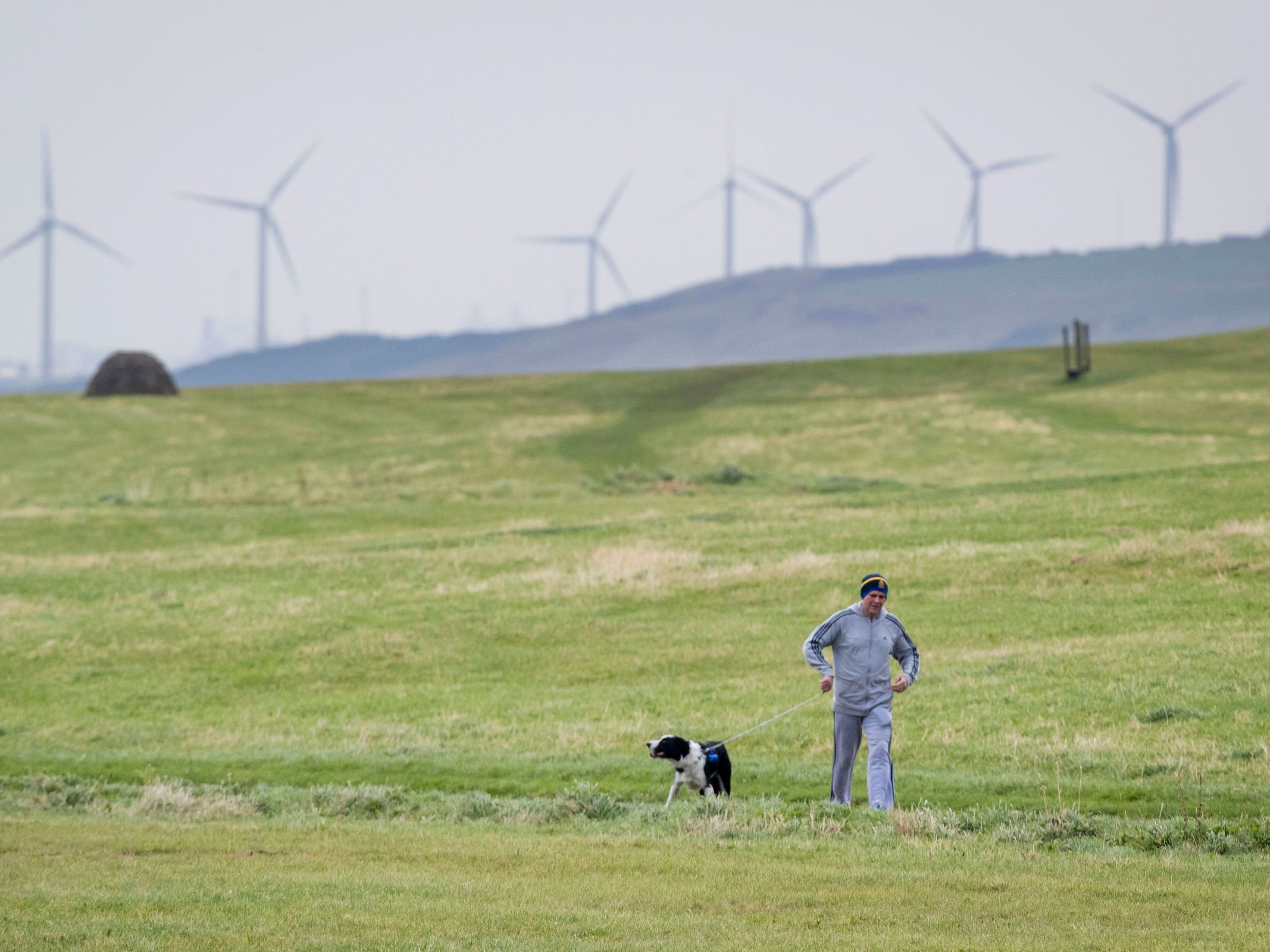There is nothing wrong with a U-turn if it means that a government abandons the wrong policy and adopts the right one. The case of the proposed coal mine in Cumbria has seen such zigzagging from both the local council and the national government that a U-turn is too simple a description.
The important point is that Boris Johnson has ended up in the right position. This week’s confirmation that the project will not go ahead came in the form of a letter from a planning decision officer in Westminster to Cumbria County Council. Formally, Robert Jenrick, the communities secretary, has “called in” the planning application and has not yet made a decision. There will now be a public inquiry that will take months. Ministers pretend that they still have open minds. But it is reasonably clear that the project will never be given the go-ahead.
The case against the mine is not as simple as might be assumed, but it is strong and Mr Johnson is under pressure due to the government’s ambitious meta-policy of making the British economy carbon neutral by 2050.
At first glance, the idea of opening a new coal mine seems absurd from any recognisably green perspective. On closer examination, the case is more complicated. The Cumbrian mine would not produce coal for burning in power stations, but for making coke, a pure form of coal used in steelmaking. Its advocates point out that we will continue to need steel, even in our bright net-zero carbon future, and that if we do not produce coke we will have to import it. Or we could close down steel production in the UK and import the steel instead – either way, there would be no net benefit to the global carbon account.
From that point of view, if we are going to have some steel, we ought to make it in the UK, and if we can produce the coke for it in the UK, especially in an area in urgent need of good skilled jobs, so much the better, the argument goes. However, plans for the mine show that 85 per cent of the mined coal would be exported for use in Europe rather than saving the UK from imports.
It is also a static model that fails to take account of the overall objective of net-zero carbon by the middle of the century, now only 29 years away. If that target is serious, it means making tough decisions about some of the hardest sectors of the economy to decarbonise. It means an economy that uses less steel and concrete, and which finds low-carbon ways of producing the smaller amount of steel that is needed.
The independent Climate Change Committee has argued against the Cumbrian mine on the grounds that the 2050 target for the whole economy implies an intermediate target of phasing out coke for steel smelting by 2035. The idea is that the setting of such targets will force the pace of technological change. Steel can be produced by clean electricity – using the electricity to make hydrogen, which then burns at high temperatures – but it is expensive. The hope is that, as with wind and solar power, technological improvement and economies of scale bring the price down.
The prime minister is something of an enthusiast for what its proponents call the “hydrogen revolution”, so it would be curious for him to lock Britain into long-term supplies of coking coal. It may be – to be realistic – that the technological obstacles to low-carbon steelmaking remain prohibitive, but to give the go-ahead to the Cumbrian mine now would pre-empt that question.
Mr Johnson has made the right decision – even if he pretends he has not yet finally decided – and we predict that he will stick to it.



Join our commenting forum
Join thought-provoking conversations, follow other Independent readers and see their replies
Comments